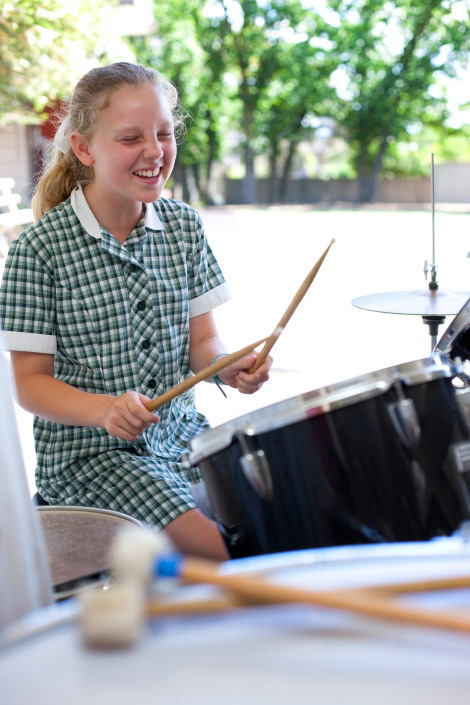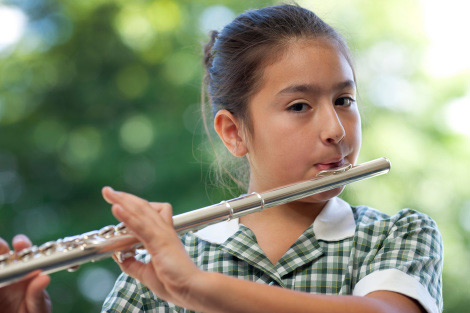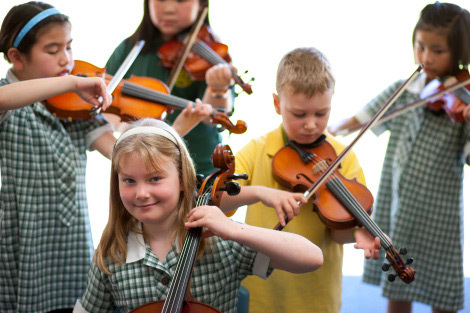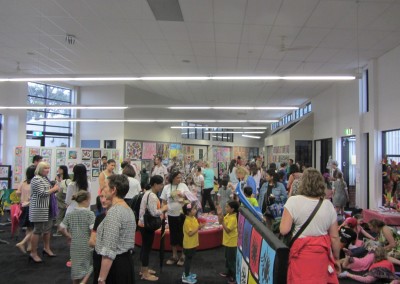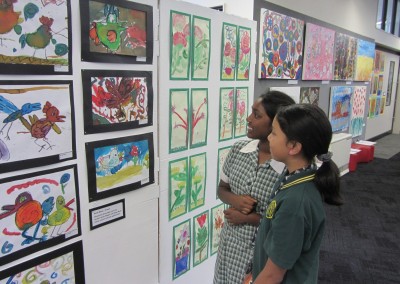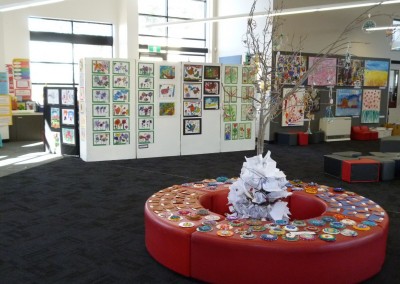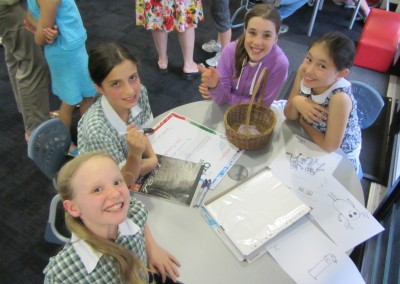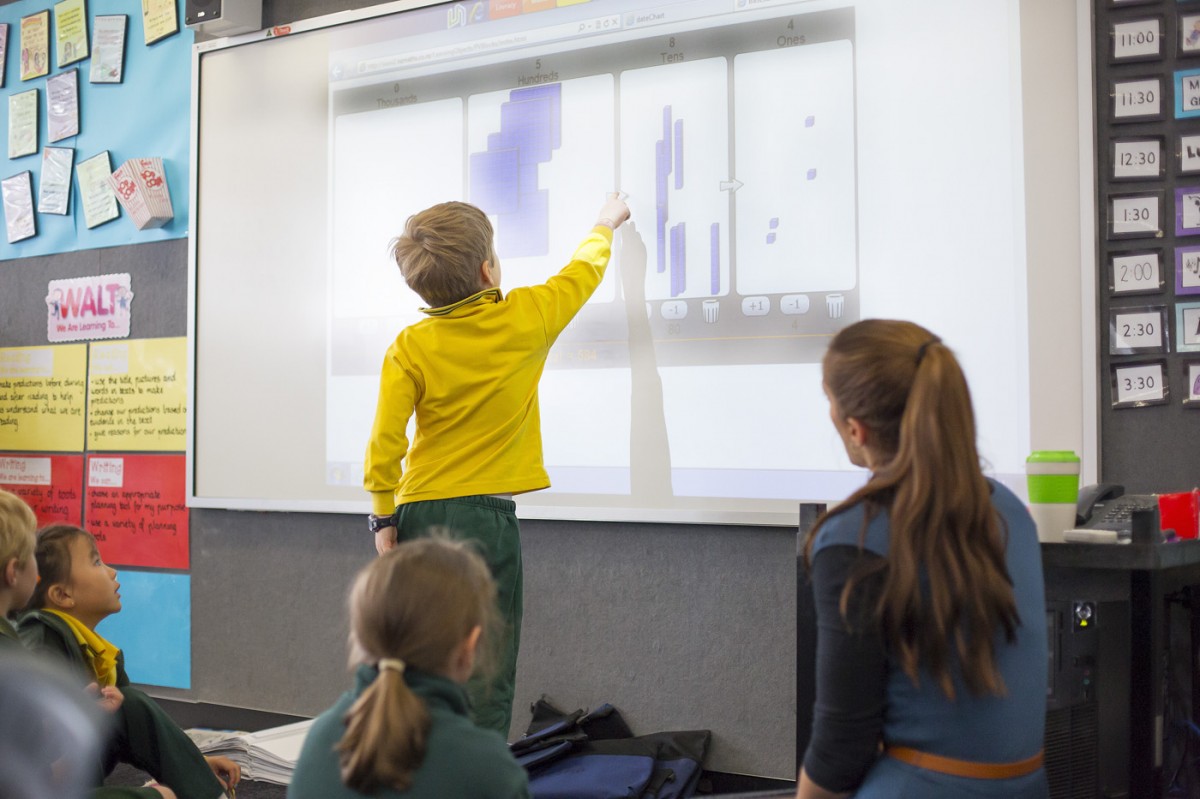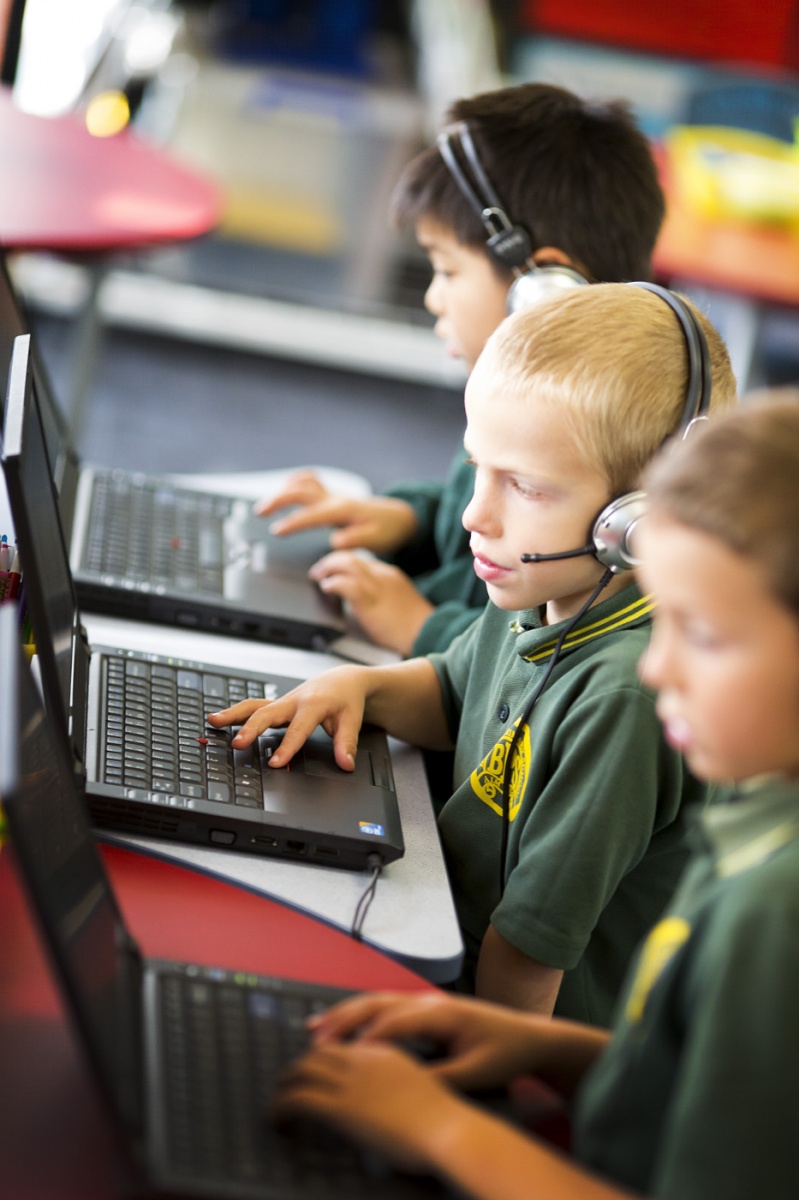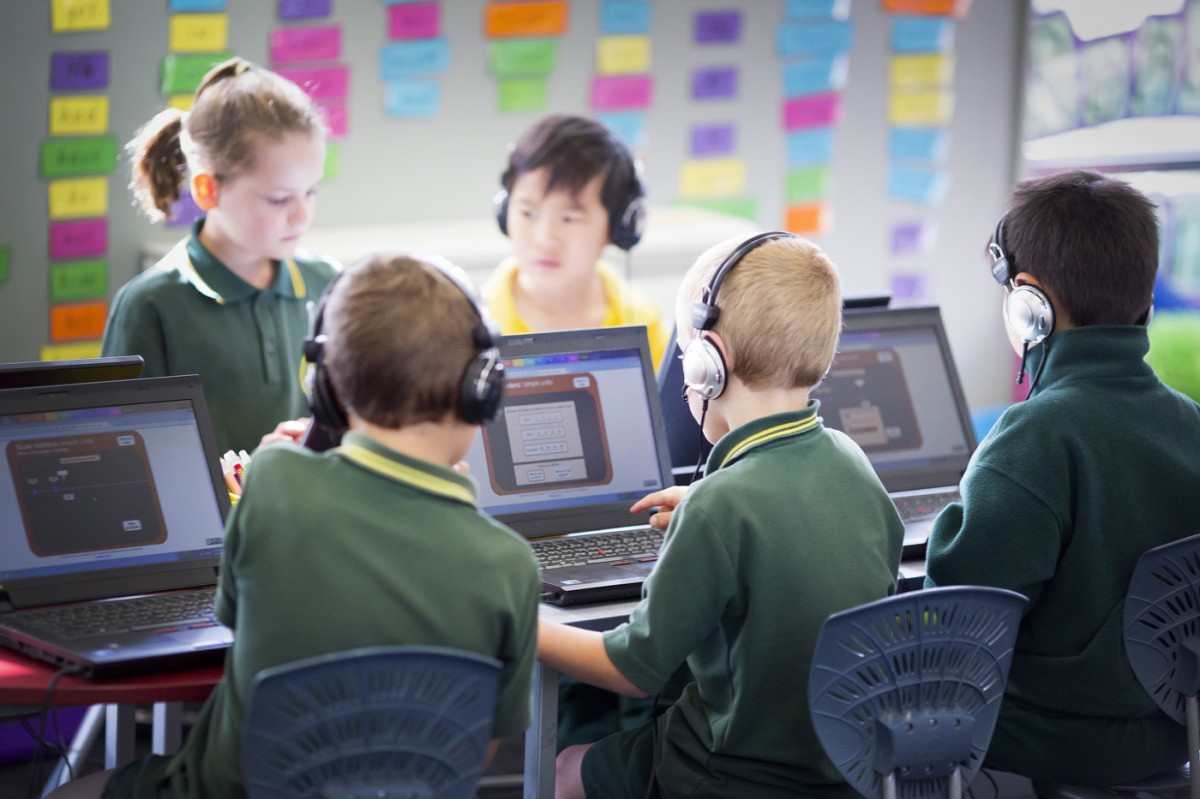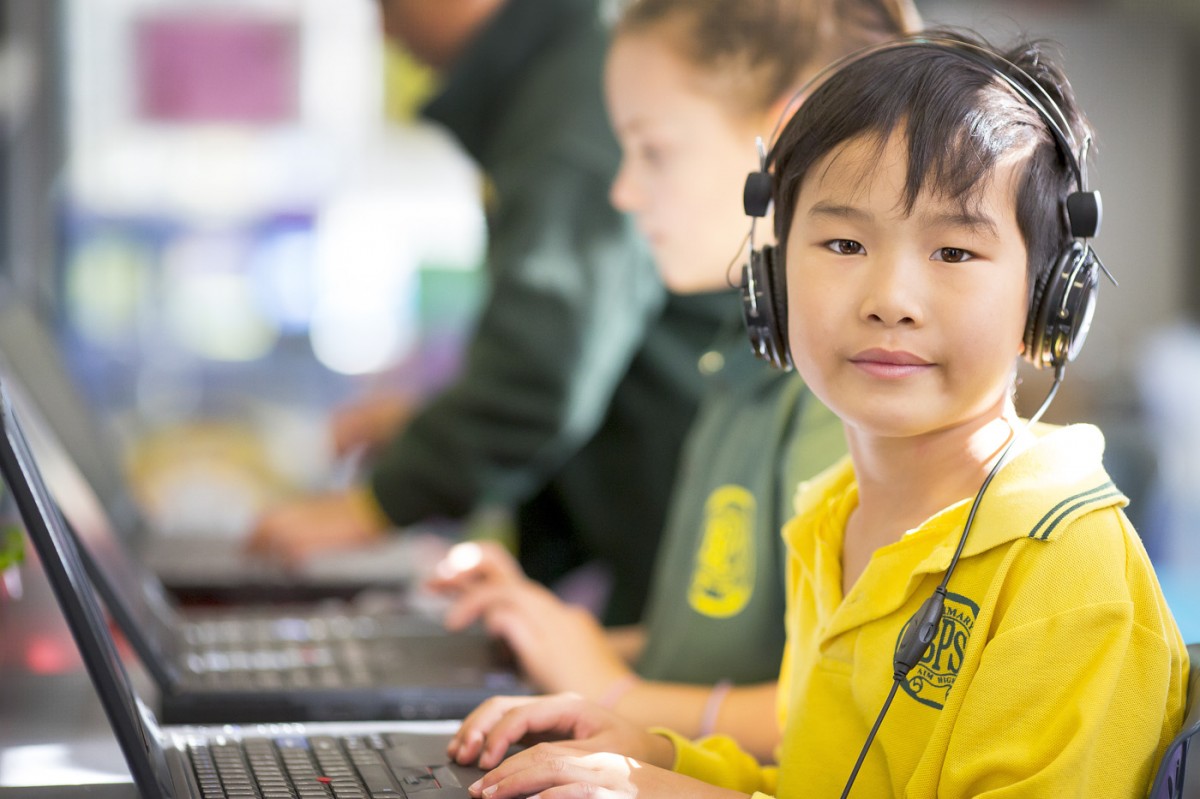Learning
Victorian Curriculum
The Australian Curriculum in Victoria
The Victorian is the Foundation to Year 10 curriculum that provides a single, coherent and comprehensive set of prescribed content and common achievement standards, which schools use to plan student learning programs, assess student progress and report to parents.
For further information on the curriculum you can click this link:
https://victoriancurriculum.vcaa.vic.edu.au/
Differentiated Curriculum
Victorian Curriculum provides prescribed content and achievement standards which school are required to use to plan student learning programs and assess student progress.
An inclusive and differentiated curriculum will ensure that all students have the opportunity to progress to their full potential. Differentiated learning is a basis for effective teaching that involves providing students with different ways to learn at a level that challenges each student individually. Differentiated instruction looks at what the student needs to learn at a level they are ready for. This is achieved through ongoing assessment. Assessment of student learning can be measured by what a student can ‘Do, Say, Make or Write’.
Students vary in gender, culture, language, socioeconomic status, ability, personal interests and more. Teachers plan their curriculum to cater for these diversities in their classrooms through assessment, different learning and teaching strategies, ideas and teaching materials so that all students can learn effectively, regardless of differences in ability.
Differentiation in the classroom can be recognised in a variety of ways:
- carefully monitoring student progress to inform teaching,
- using appropriate assessment
- setting clear goals, specific learning intentions and achievement criteria
- providing appropriate focused learning and teaching time selecting appropriate learning and teaching strategies
- providing various opportunities for students to demonstrate their learning with what they can ‘Do, Say, Make or Write’
- providing students with opportunities to monitor and track their learning with self-assessment
- organising student groups with like needs
- developing individual learning plans (if required).
Multi-Age/Developmental Learning
- Multi-age groupings reflect the values and beliefs which are important to our society, including cooperation, tolerance and support.
- Multi-age groupings model family life where children have opportunities to learn from others of different ages.
- Children learn by modelling others.
- Children are less competitive in a multi-age classroom, the atmosphere is cooperative and collaborative.
- Multi-age classrooms create an environment which enables children to be respected for their individuality.
- In Multi-age classrooms children are encouraged to learn at their own pace.
- Multi-age settings encourage teachers to focus on the individual, and meet each child’s individual needs.
- Multi-age classrooms provide opportunities for extension of children beyond the traditional year expectations.
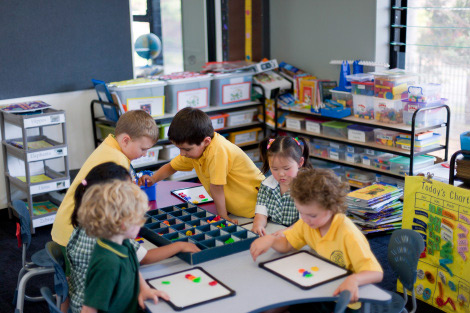
DEVELOPMENTALLY APPROPRIATE PRACTICE
The developmental approach acknowledges that children learn at different rates and have preferred learning styles, which is to say they learn in different ways. A developmental program provides children with learning experiences that are active (hands-on) and meaningful. It reflects individual perspectives as it enables children to approach learning with a greater amount of flexibility. A developmental environment allows children to inquire and explore, interact with others and participate in shared problem solving and group decision making. Learning centres, integrated curriculum and varied instructional strategies are important features of the multi-aged classroom.
Specialist Programs
Visual Arts
VISUAL ARTS Program
All students at Balwyn Primary attend Visual Art classes in the art room for one hour each week. This curriculum area is skill based and focuses on the art elements of colour, shape, line, pattern, texture, space and form. Areas such as drawing, painting, printing, collage, textiles, ceramics and construction are explored through an inquiry based integrated curriculum and Art History focus.
Students are provided with the opportunity to experiment with ideas, concepts and feelings, and are encouraged to use their imagination and perception to plan and create artwork.
The Visual Arts curriculum aims to provide students with the opportunity to:
- enjoy activities and develop their confidence using a variety of media
- develop their creativity and imagination
- improve and build up their skills and knowledge
- develop their problem-solving strategies and critical thinking skills
- take risks when exploring new ideas
- recognise artists and artworks from the past, and from different cultures
- appreciate the role of digital technology
The Art program aims to promote that each student takes care and pride in their artwork. An appreciation and an awareness of visual art will be encouraged through the mounting and displaying of students’ individual work within the school for a period of time before taking it home or kept in individual portfolios until the end of year.
ICT
At BPS, ICT is used as a tool to enhance learning and to engage students in their learning. All classrooms have networked laptops/work stations connected to the school intranet. In addition, all classrooms are equipped with “ICT Capable Classroom” hardware, which includes an interactive tablet, data projector, screen, webcam, digital and video camera and digital microscope.
The class teachers incorporate ICT into their lesson plans on a daily basis. Literacy and Numeracy lessons incorporate digital learning objects and use the interactive equipment to complement explicit teaching.
LOTE – Mandarin
Language studies focus on developing language proficiency and promote intercultural understanding. Studying a language better equips students to engage with others and participate fully in an increasingly globalised world.
What does studying a language mean for students?
By studying another language, students:
- gain access to other peoples’ ideas and ways of thinking
- become interested in and respectful of other cultures
- develop social and cognitive skills that will help them in other areas of the curriculum
- improve future employment and economic opportunities
At Balwyn Primary, Mandarin is timetabled for one 60 minute session per week throughout all the year levels with prep students getting an extra 30 minute session weekly.
Music
Music is an integral part of the curriculum and has a high profile within the school. All students from Prep to Year 6 attend general music lessons and recorder tuition commences in Year 3. There are choirs at each level in which all students in years P-2, 3/4 and 5/6 participate, plus the school choir ‘Balwyn Singers’.
An extensive Instrumental Music program is available, with children learning from visiting music tutors.
Please see our Instrumental Music Program page for more information.
There are ensembles for the children to participate in, such as string orchestra and concert band. The ensembles vary from year to year, depending on the group of students involved in the program.
There are two concerts each year at which the choirs and ensembles perform. Matinees or Soirees Informal matinees and soirees are held twice a year, where parents can listen to their children perform in front of an audience. Any child who is learning an instrument can perform. The performing arts are important at the school, with the children participating in assembly performances, concerts, matinees, soirees and community events.
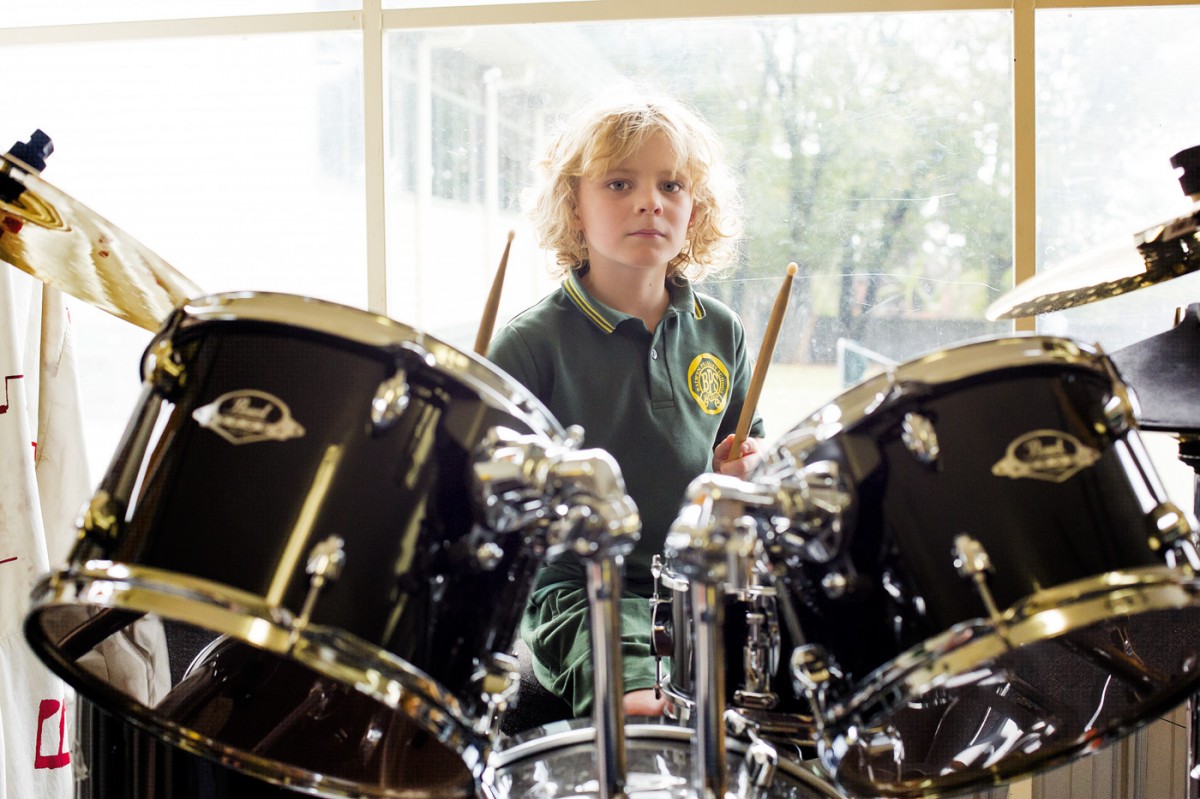
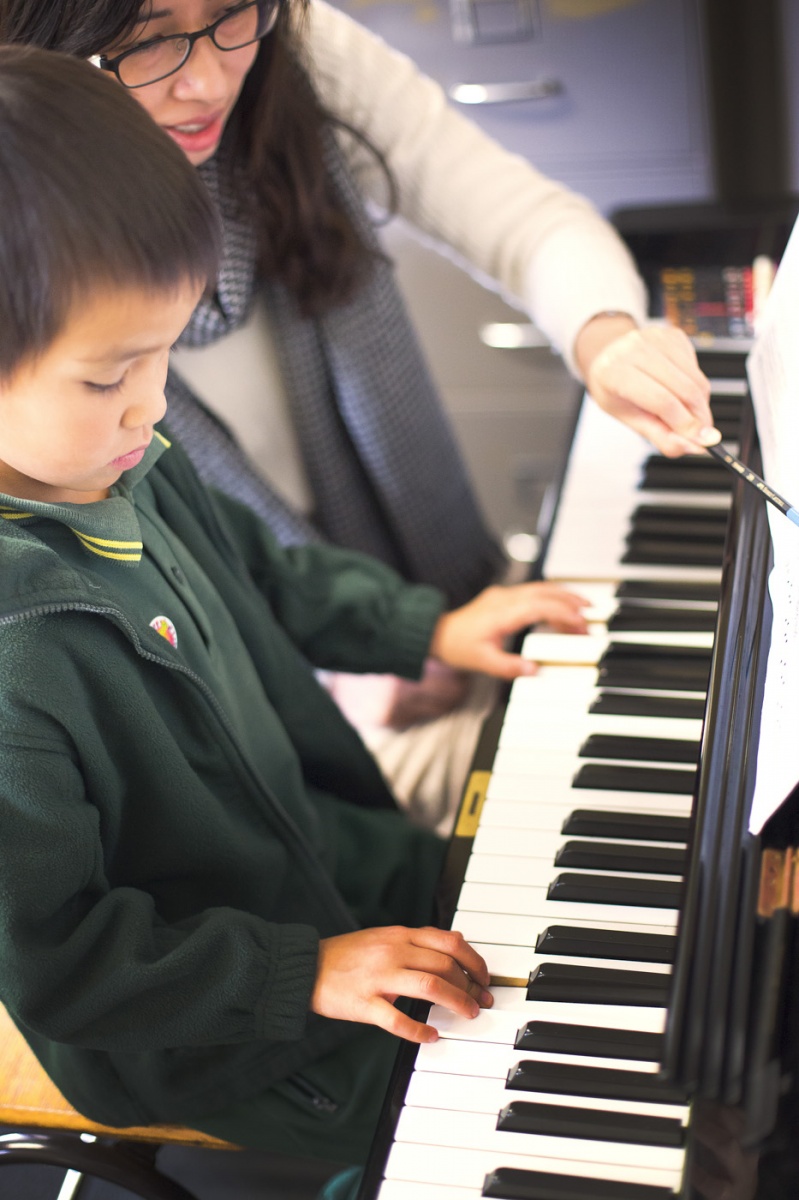
HEALTH AND PHYSICAL EDUCATION
Foundation (Prep)
Term one introduces prep students to Health and Physical Education. We focus on movement and spatial awareness through a Perceptual Motor Program, minor games such as Freeze, Wizards and Rocks and many more to develop a sense of play and an understanding of instructions.
Students begin to develop throwing and catching skills through isolated activities and minor games. Skills will be learned developmentally and students will focus on the key points of throwing and catching so these can be applied to a range of activities and sports.
Year 1/2
Year 1/2 students will start off Health and Physical Education with a range of minor games. Students will develop an understanding of rules and expectations and why and how these are important in games. We will move to cooperative games focusing on teamwork and working towards the same goal. Students will then focus on throwing and catching in isolation and in small activities. These skills will then be transferred to games focusing on throwing and catching, for example, Endzone and modified Basketball.
Year 3/4
This term in P.E., Year 3/4 students will begin with a unit on volleyball, invasion games such as european handball and speedball. Year3/4 students will also begin with a unit on Ultimate Frisbee. Using our new ‘aerobie discs,’ the sessions aim at developing their skills and and execution in throwing, catching and jumping, along with their coordination, movement and cooperative team involvement. Students will experiement with different methods of throwing and catching, both stationary and moving, which they will then apply to the fast and exciting game of Ultimate frisbee.
The development of these dynamic skills will also have a carry on effect with an overall, and quite marked improvement in the way they use these skills in other throwing and catching sports. These units games will assist the students to understand and experience team sports, as well as addressing throwing and catching skills whilst also learning new sport specific skills.
The 3/4s will also begin their intensive swimming program and year 3/4 sport on a weekly basis.
We are off and running in term 1 and everyone is looking forward to trying our best, being good sports and learning new skills.
Year 5/6
This term in P.E., Year 5/6 students will begin with a unit on hockey 7’s. This will culmintae later in the year with BPS’s involvement in the districh hockey 7’s competition. The students will also participate in an AFL unit, along with other invasion games. Ultimate Frisbee will once again take a pride of place in P.E this term. Using our new ‘aerobie discs,’ the sessions aim at developing their skills and and execution in throwing, catching and jumping, along with their coordination, movement and cooperative team involvement. Students will experiement with different methods of throwing and catching, both stationary and moving, which they will then apply to the fast and exciting game of Ultimate frisbee.
The development of these dynamic skills will also have a carry on effect with an overall, and quite marked improvement in the way they use these skills in sports such as tennic, netwball, basketball, soccer and football.
Interschool Sport will begin this term with the Year 5/6 teams already hard at work training for kanga cricket, tee ball, Rounders and Bat tennis. Students will train one day a week at lunchtime with their coach. District swimming and Stomp will also feature this term.
During this term Sports Councillors will be chosen, with candidates presenting to the class before a secret ballot. The ball has started rolling already this term, and everyone is looking forward to trying our best, being good sports, and learning new skills.
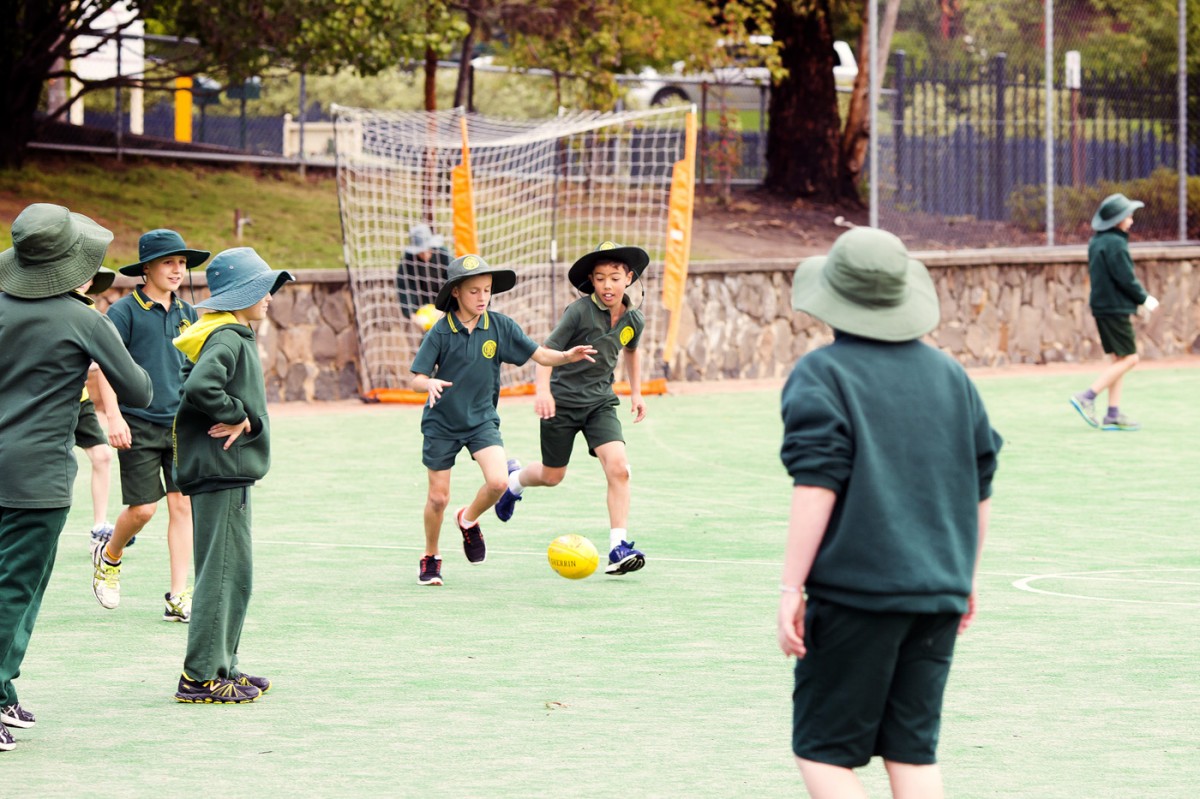
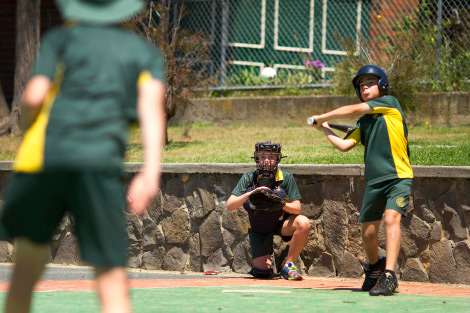
Learning Enhancement
Learning Enhancement Team
The Learning Enhancement Team at BPS is:
- Angela Langford, particularly focusing on our EAL (English as an Additional Language) students. Mrs Langford’s expertise helps to assist new arrivals to Balwyn Primary School who do not speak English as their first language to settle into the school, and offers support to EAL learners in developing their English knowledge and skills. She also supports our teaching staff with strategies and resources to work with the EAL students who are in classrooms across our cohort of students.
- Karen Devlin, focusing on supporting students with the development of their English and Maths skills, working with individual and small groups of students, partly funded through the Department’s Tutor Learning Initiative.
- Karen Glasscock, who is leading the Learning Enhancement Team, in addition to her role as 3-6 Curriculum Leader, and will be working with small groups of students across the school to both support and extend student learning.
If you have any questions about Learning Enhancement, and the work of this team, please feel free to email Karen Glasscock at karen.glasscock@education.vic.gov.au.
Instrumental Music Program
Instrumental Music Program
In addition to providing a full classroom music program within the school curriculum, Balwyn Primary School offers an Instrumental Music Program that gives all children the opportunity to learn to play a musical instrument.
A range of instrumental tuition is available at the school: Strings – violin; Woodwind – flute, clarinet, saxophone, recorder; Piano and Guitar. As well as providing children with the chance to learn an instrument, the program encourages children to make music together.
Our String Ensembles, Guitar Ensembles, Woodwind Ensembles and Orchestras involve many of our players. The range of ensembles varies from year to year in order to accommodate the changing population of instrumental students. If you would like more information regarding the program, please contact the office.
